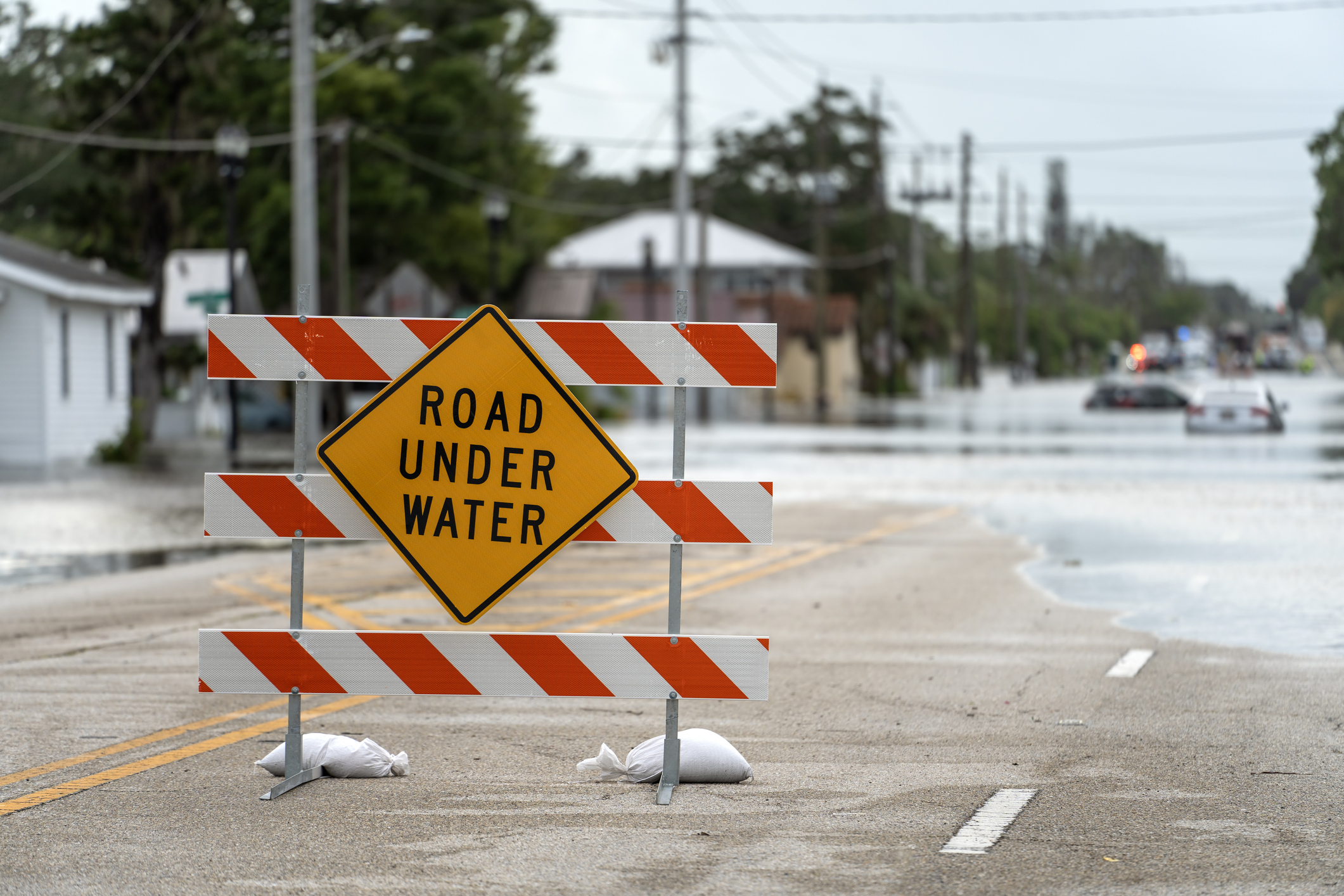Politicians love to take "bold action" to help fight climate change, but more often than not their policies are wasteful, ineffective, and expensive. Gas prices will be increasing, read below to find the studies and data showing the research.
Are gas prices going up?
 Yes, WPC research has shown that in 2023 new carbon emissions taxes and cap and trade legislation will increase gas prices by an estimated 46¢ per gallon. While some try to argue semantics and say it's not a gas tax increase, the reality is that new taxes will cause prices to increase. The Department of Ecology itself confirmed WPC's research when it showed by its own projections that the increases in gas will be substantial, even as the governor denies the data. Don't be fooled: new taxes and legislation are increasing the price of gas, and WPC research has showed this for years.
Yes, WPC research has shown that in 2023 new carbon emissions taxes and cap and trade legislation will increase gas prices by an estimated 46¢ per gallon. While some try to argue semantics and say it's not a gas tax increase, the reality is that new taxes will cause prices to increase. The Department of Ecology itself confirmed WPC's research when it showed by its own projections that the increases in gas will be substantial, even as the governor denies the data. Don't be fooled: new taxes and legislation are increasing the price of gas, and WPC research has showed this for years.
Do these bills help the environment?
 Not quite. The cost of the newly introduced legislation vastly outweighs the benefits. The Low Carbon Fuel Standard has been estimated to have less than one percent of an effect on air quality by 2028, while the Carbon Tax has no accountability for the reduction targets. Worse yet, adopting both a Low Carbon Fuel Standard and a Carbon Tax effectively raises the cost on consumers while doing nothing more to help reduce emissions. The message is clear: these bills are expensive on every day citizens and provide little to no benefit for the environment.
Not quite. The cost of the newly introduced legislation vastly outweighs the benefits. The Low Carbon Fuel Standard has been estimated to have less than one percent of an effect on air quality by 2028, while the Carbon Tax has no accountability for the reduction targets. Worse yet, adopting both a Low Carbon Fuel Standard and a Carbon Tax effectively raises the cost on consumers while doing nothing more to help reduce emissions. The message is clear: these bills are expensive on every day citizens and provide little to no benefit for the environment.
Is there a better way?
 Yes! Individuals and private actors have created much more cost effective systems to help keep the environment clean, such as carbon offsets, apps that help you reduce your travel emissions, and more. Unlike government projects, private initiatives focus on prioritizing the best tradeoff for expense and reduction, making every dollar count when it comes to helping keep the environment healthy. Thankfully, individuals are empowered more than ever before to make effective change in the environment, and more often than not can do so with cheaper measures that are more effective.
Yes! Individuals and private actors have created much more cost effective systems to help keep the environment clean, such as carbon offsets, apps that help you reduce your travel emissions, and more. Unlike government projects, private initiatives focus on prioritizing the best tradeoff for expense and reduction, making every dollar count when it comes to helping keep the environment healthy. Thankfully, individuals are empowered more than ever before to make effective change in the environment, and more often than not can do so with cheaper measures that are more effective.




